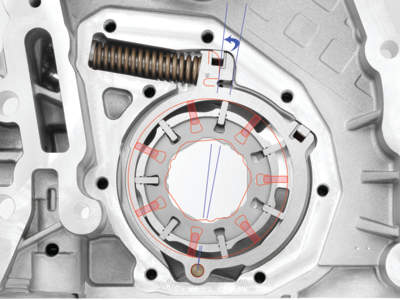On my Corolla Cross, the front grill has highly restricted air flow.Nobody ever discusses temperature in these debates. Even 10° makes a big difference. I think most people would be surprised to know that if a 0w16 vehicle usually is around 200° the oil is thicker at operating temp than another car using 0w20 at 210°.
Toyota wanted better aerodynamics, and knew coolant/engine temperatures were under control in spite of.


